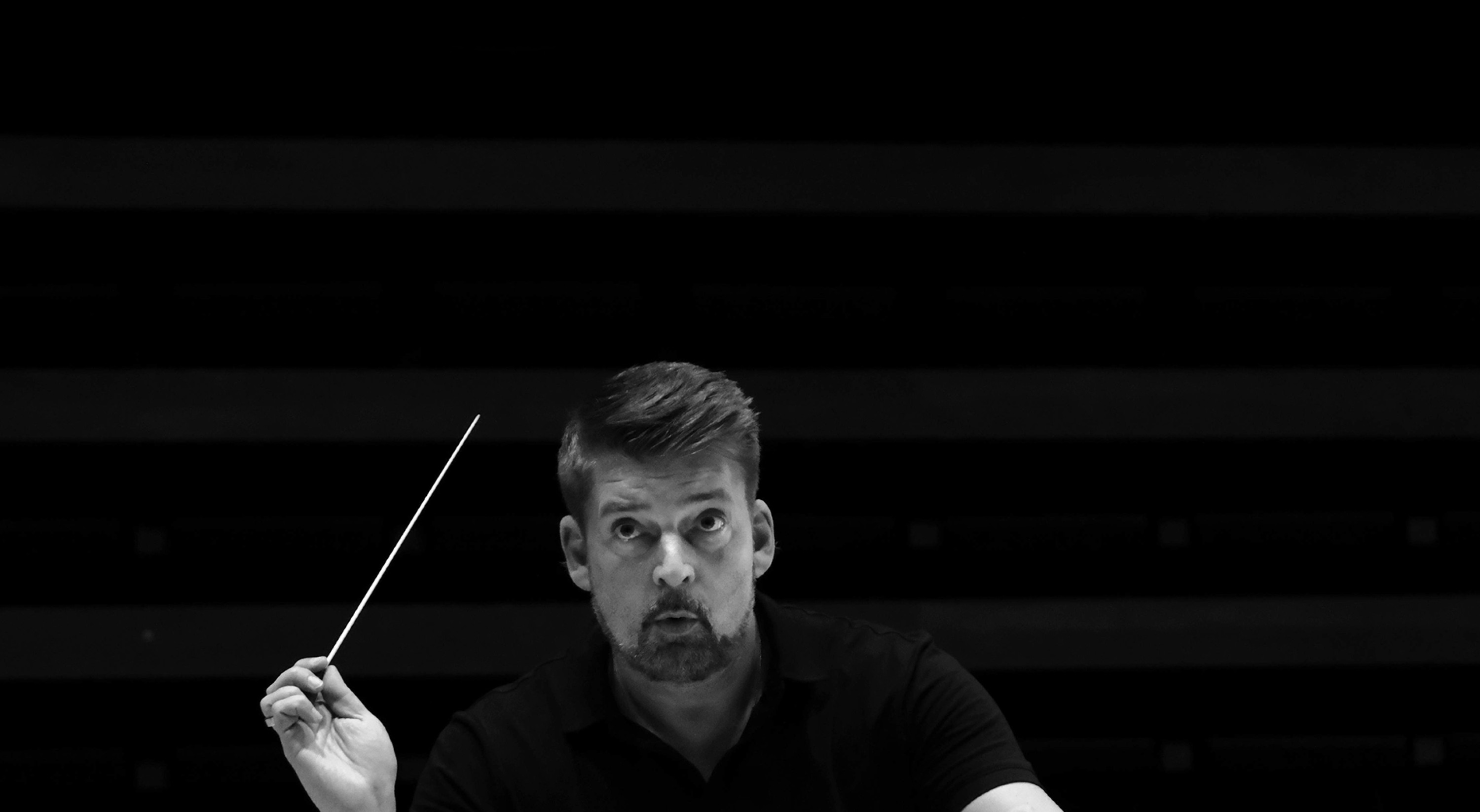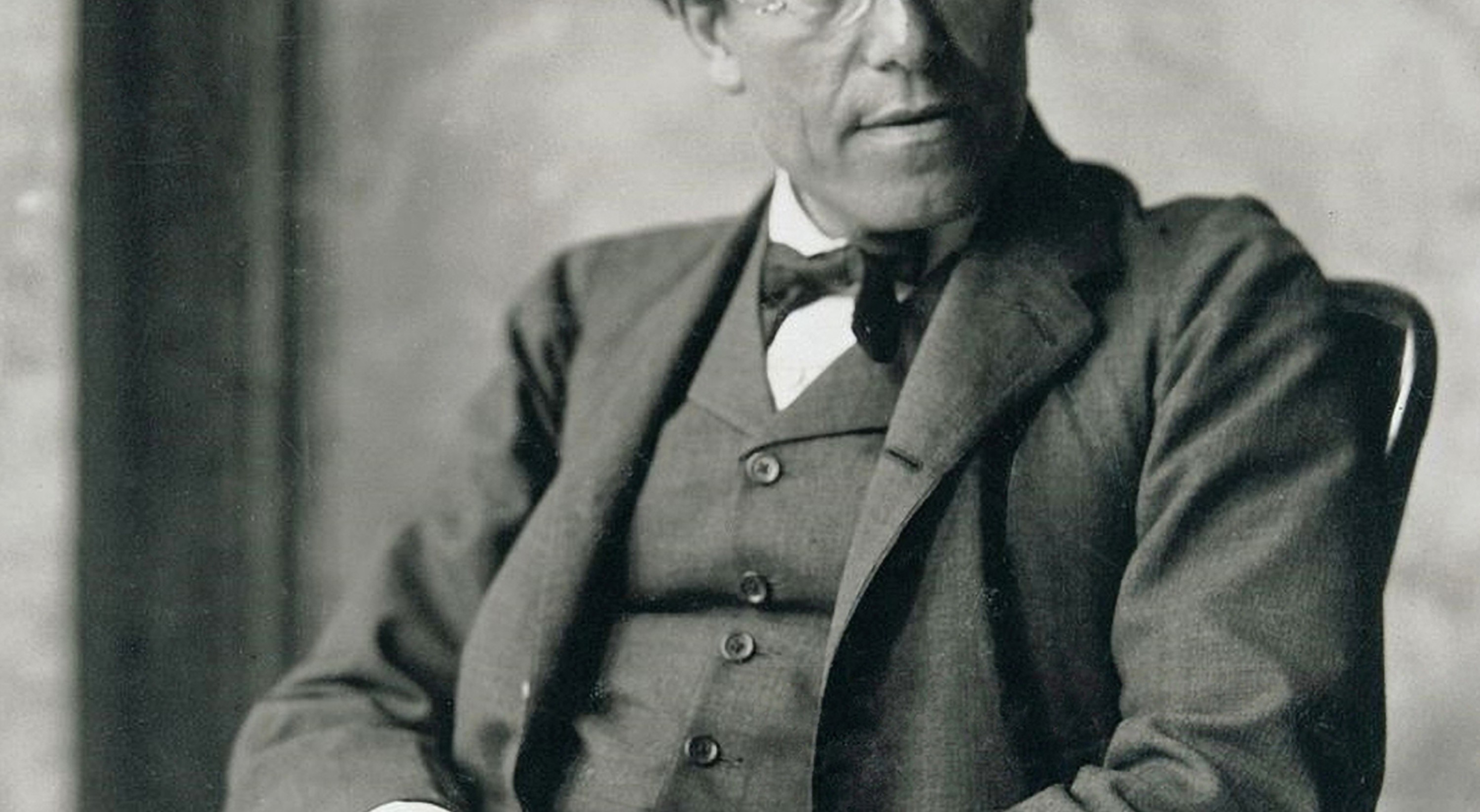Matthias Pintscher Gustav Mahler
Matthias Pintscher
Neharot, for orchestra (French première)
Commissioned by Suntory Hall, Staatsoper and Staatsschauspiel Dresden, the Los Angeles Philharmonic Orchestra, the Orchestre de la Suisse Romande, Radio France and the Festival d’Automne à Paris
Gustav Mahler
Symphony No. 7 in E minor, five movements
Orchestre Philharmonique de Radio France
Conductor, Matthias Pintscher
Collaboration, Radio France and the Festival d’Automne à Paris
Concert broadcast on december 15 on France Musique
––––––
Duration: 105 minutes
From Song of the Night in Gustav Mahler’s Symphony No. 7 to weeping and lamentations in Matthias Pintscher’s Neharot, the concert encompasses vast expanses of sound where the sense of tragedy, the experience of adversity and dancing with shadows will fade to leave scope for the coming of light.
“By the rivers of Babylon, there we sat down and there we wept when we remembered Zion. On the willows there we hung up our harps.” [Psalm 137] In Hebrew the word neharot is used for such rivers. The term provided Pintscher with the basis for a composition where two harps irrigate a dark sound spectrum, producing a work as for a tomb or a kaddish in our unsettled times, with allusions suggesting Chartres Cathedral, water flowing beneath it, and rising from flames.
In apposition, Mahler’s Symphony No. 7 in five movements set symmetrically around a scherzo, enhancing the flow of form where variation coming with disturbed recollections of times past, all but forgotten and to all appearances irretrievably lost. Here is a Mitteleuropa of marches, of military and funeral marches, of waltzes and popular melodies, yet also conveying a certain jaundiced romanticism where abrasive and ephemeral tones and keys open the path to the modern era.

